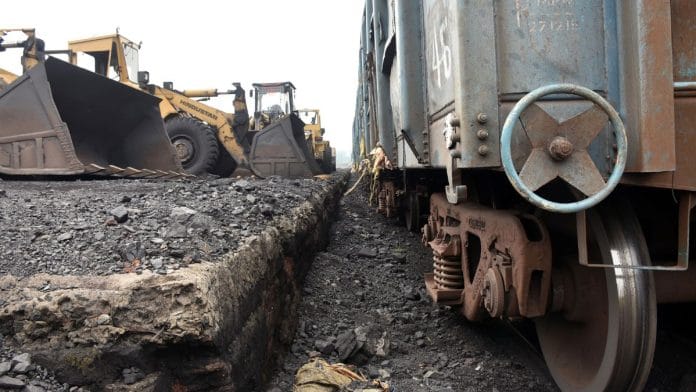New Delhi: The Jharkhand High Court has halted the state government’s attempt to auction minor mineral mines till it frames rules under the Panchayats (Extension to the Scheduled Areas) Act, 1996 (PESA), to grant control over resources in scheduled tribal areas to gram sabhas.
The PESA, enacted by Parliament in 1996 following the 73rd Constitutional Amendment, extends the Panchayat Raj system, with modifications, to scheduled areas, giving special powers to gram sabhas over land and minor minerals.
In an order passed Tuesday, a bench of Chief Justice Tarlok Singh Chauhan and Justice Rajesh Shankar banned the grant of minor mineral mining licenses when it learnt that instead of implementing the high court’s July 2024 order to notify the PESA rules, the state was in a hurry to auction the mines.
The bench was hearing a contempt petition filed by a non-profit organisation, Adiwashi Buddhijivi Manch, against the state for not implementing the 2024 directive. It expressed outrage on learning that the state, during the pendency of the contempt petition, had issued an advertisement announcing the auction of minor mineral mines.
The 1 September advertisement for the allotment of 18 mining sites in Gumla district was tabled before the bench. Pointing to the timeline, the petitioner argued that the government was in a hurry to conclude the auction process, which clearly revealed its intention to take away the rights conferred on a gram panchayat under PESA.
The advertisement said companies could submit their applications between 3 and 10 September, with scrutiny to be completed within the next two days. Allotments were scheduled for 15 September.
The petitioner, represented by senior advocate Ajit Kumar and lawyers Gyanant Singh and Abhishek Rai, argued that the delay in the notification of the rules was with a purpose.
“The State Government is in the process of auctioning and granting long term leases for sand and other minor mineral mines across the state. Nothing will remain for the Gram Sabhas by the time the PESA Rules are framed and notified,” the bench was told.
Minor minerals means building stones, gravel, ordinary clay, ordinary sand other than sand used for prescribed purposes and any other mineral which the central government has declared from time to time or may declare, by notification in the official gazette, to be a minor mineral, under clause (e) of Section 3 of the Mines and Minerals (Regulation and Development) Act,
Displeased over what it called the state’s attempt to frustrate the mandate of the PESA, which grants autonomy to local bodies over land and natural resources in scheduled tribal areas, the bench banned the auction till further orders.
“Nothing much has been done to implement our orders, it has nothing to do with our order but we are merely implementing the Constitutional Mandate, you cannot escape saying it was the job of the Chief Minister and Cabinet Ministers,” the bench told the secretary, Panchayat Raj, who blamed political leaders for the delay.
Though the state had sought another four weeks, the court posted the matter for further consideration after two weeks.
Jharkhand, carved out in November 2000, enacted its own law related to the panchayat system. However, the state law did not align with the features of PESA nor did it provide for the application of the Act’s enactment in scheduled areas.
The Adiwashi Buddhijivi Manch filed a PIL before the high court in 2021, highlighting the lapse. In July 2024, the high court directed the state to comply with PESA and frame rules.
The petitioner moved a contempt petition in December last year, claiming the state had framed the draft PESA rules, but had not notified them. It said the state had even failed to respond to its October 2024 letter from the Centre, after the July 2024 high court judgement.
(Edited by Sugita Katyal)






